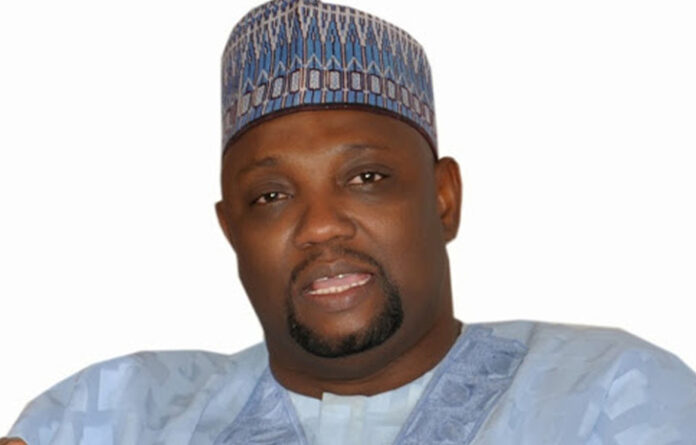In a statement issued on behalf of the Patriots for the Advancement of Peace and Social Development, Dr Sani Abdullahi Shinkafi, a former governorship candidate in Zamfara State and ex-All Progressives Grand Alliance (APGA) national Secretary, has urged the governors of the North West geopolitical zone to prioritize the development of the region through a focus on education, wealth creation, and social amenities.
Shinkafi emphasized the need for practical measures that will have a tangible impact on the lives of the people, rather than dissipating energy and resources on organizing peace and security summits and conferences.
He highlighted that the challenges faced by the region require a strong political will and pragmatic actions, as empty rhetoric has failed to bring about any significant change over the past 12 years.
With the North West geopolitical zone boasting the largest land mass and accounting for 30 percent of Nigeria’s total population, Shinkafi stressed the importance of addressing the pressing issues faced by the region.
Despite being home to the highest number of registered voters and having produced three democratically elected presidents and three military heads of state, the region remains grossly undeveloped, particularly in the field of education.

Shinkafi lamented the neglect of the region by past and present leaders, pointing out the prevalence of out-of-school children, a high number of Almajiris, poorly equipped schools, inadequate healthcare facilities, and substandard road infrastructure.
He criticized the lack of political will to invest in commercial farming and livestock development, despite the region’s abundant arable land and solid mineral resources such as gold, copper, rhodium, gemstones, kaolin, berates, and lithium.
The former governorship candidate highlighted that the root causes of insecurity in the region include corruption, poverty, unemployment, illiteracy, poor governance, a weak judicial system, porous borders, drug abuse, weak traditional institutions, the influx of illegal Fulani aliens, and the proliferation of small arms and ammunition by unauthorized individuals.
Shinkafi expressed his astonishment at the underdevelopment of the region despite the monthly statutory allocations received by the governors since the advent of democratic governance in 1999.
He criticized the careless misappropriation and misapplication of resources, which are often siphoned off for personal enrichment.
The lack of investment in education was identified as a major contributor to armed banditry and related crimes, as many of the bandits have limited access to both Western and Islamic education.
Shinkafi called out the failure of leaders in the region to prioritize education, including the neglect of building primary and secondary schools, adult education, and Almajiri schools. Consequently, many children end up roaming the streets and are vulnerable to recruitment into armed banditry, terrorism, and other social crimes.
The existing schools in the region suffer from a lack of renovation, inadequate equipment, and a lack of new school construction. Teachers are demotivated and underpaid, and many governors have ceased paying NECO and WAEC fees as well as scholarships for local and international students. This lack of commitment to developing the education sector has resulted in a high illiteracy rate in the region.
Shinkafi also criticized the governors for their failure to invest in agro-allied industries, which could have generated employment opportunities for millions of youths.
He highlighted the importance of agriculture extension workers who could educate farmers on modern techniques, processing, and marketing of agricultural produce. With the provision of necessary resources such as tractors, harvesters, sprayers, insecticides, pesticides, and farmers’ credit schemes, the region has the potential to not only feed the nation but also export agricultural produce.




